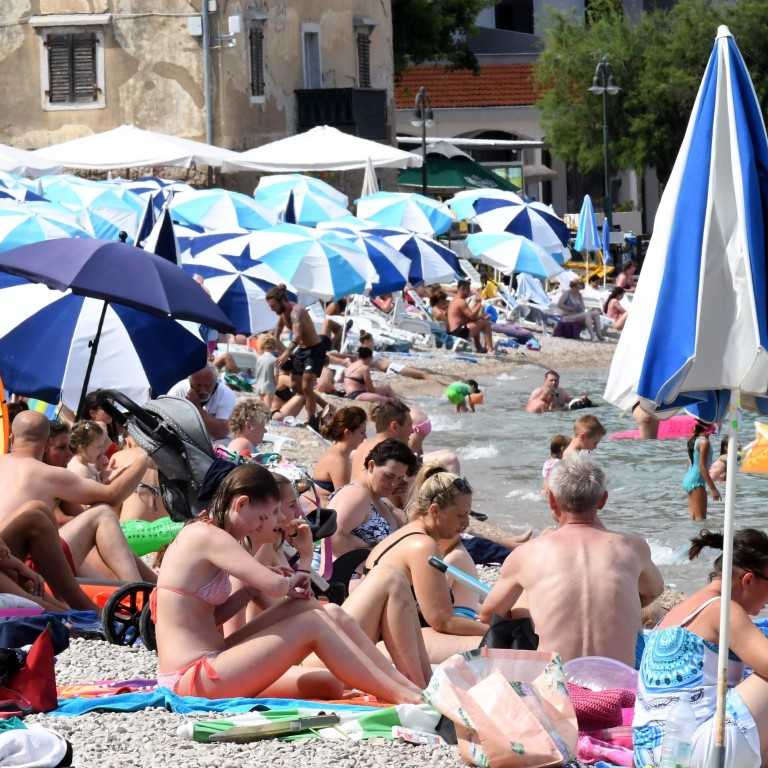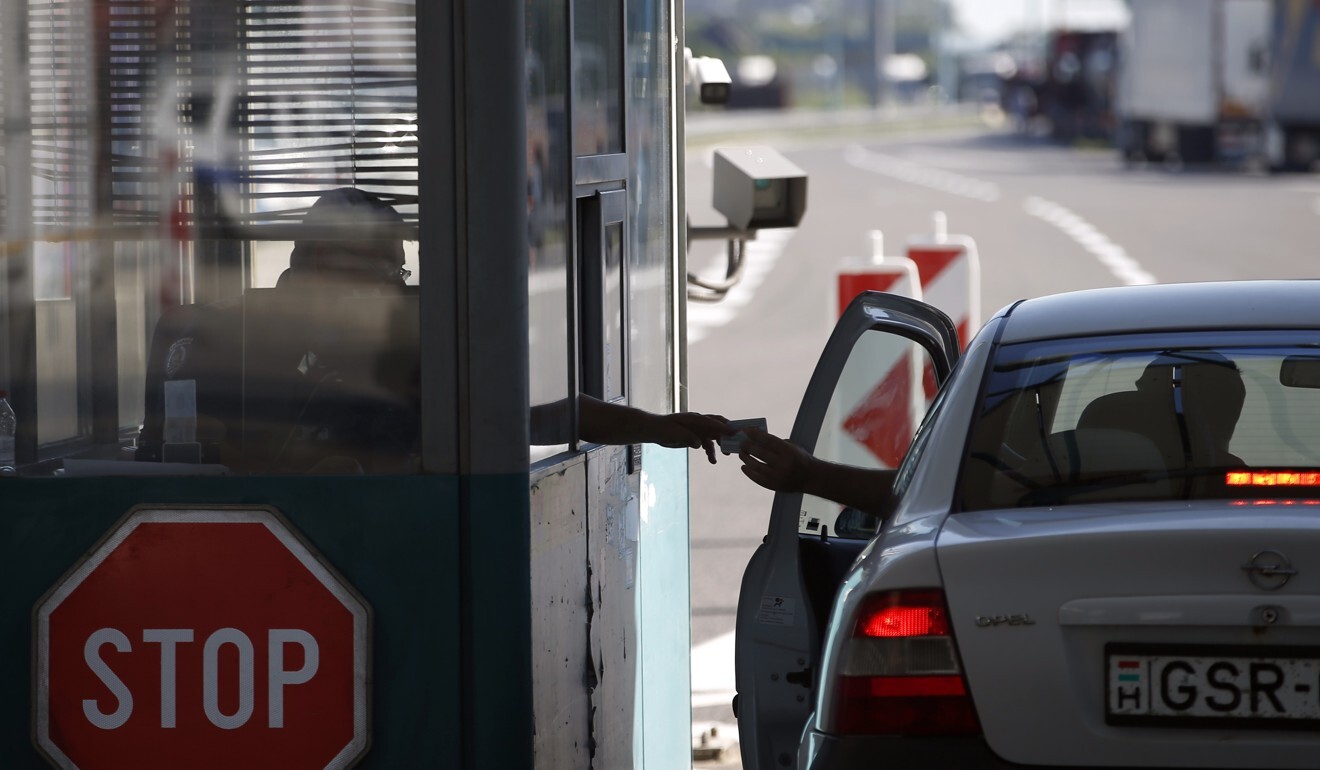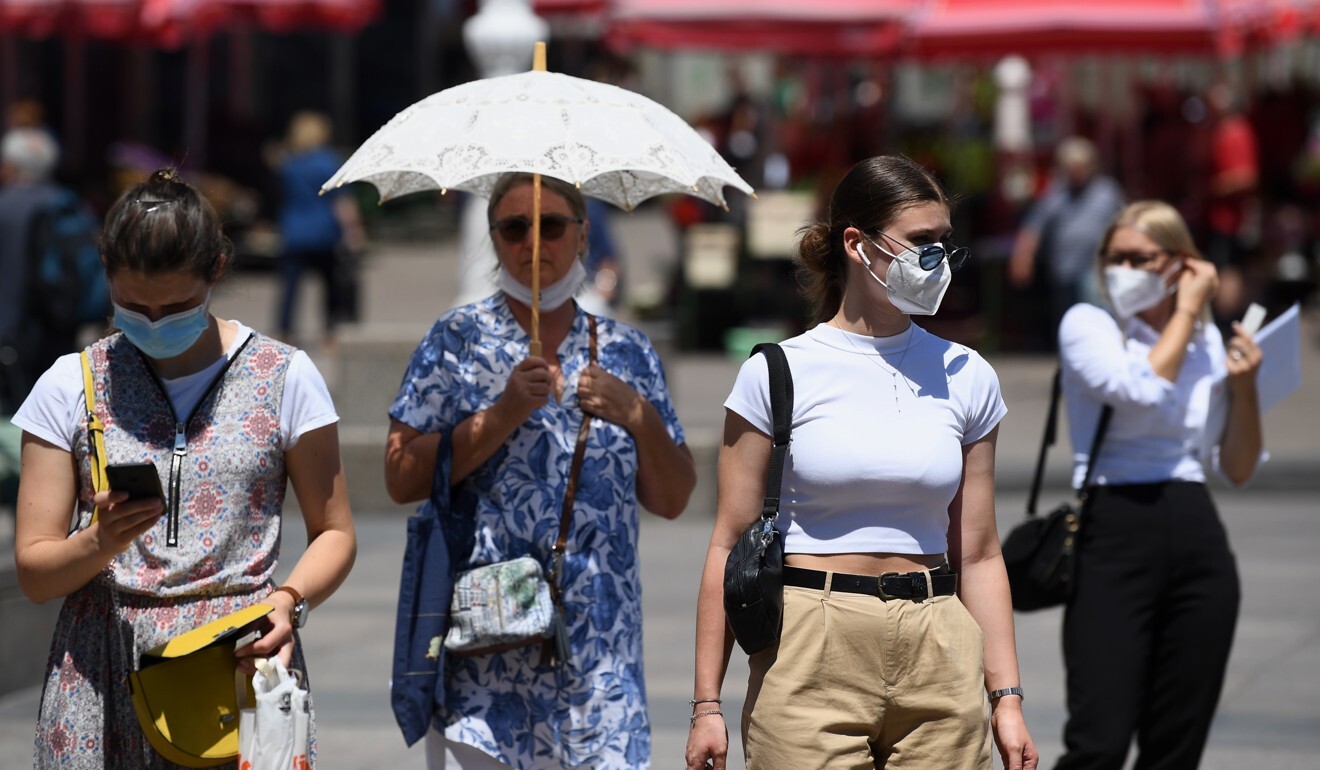
Coronavirus surge in Eastern Europe prompts sweeping travel bans, mandated mask-wearing
- Hungary introduces traffic-light system that bans travellers from practically all of Asia, Africa and the Americas
- Croatia will make wearing masks mandatory in stores, while restaurant staff, but not patrons, will also have to wear face coverings
Hungarian authorities said on Sunday that they would put countries in three categories – red, yellow and green – based on their rate of new coronavirus infections, and would impose restrictions, including entry bans and mandatory quarantines, depending from which country people were coming from.
French bus driver dies after attack by passengers over wearing masks
“We see worrisome signs about an increase in the number of cases in the neighbouring countries, Europe and the whole world,” said Gergely Gulyas, Prime Minister Viktor Orban’s chief of staff.

Gulyas said the new rules would take effect on Wednesday and would be reviewed at least once a week.
WHO acknowledges ‘evidence emerging’ of airborne spread of Covid-19
Romania announced a new high of infections on Saturday, with 698, while 456 new cases were reported Sunday.
Serbia reported 354 new infections on Saturday, although there have been increasing doubts about the accuracy of the figures. Officially, the country has over 18,000 confirmed infections and 382 deaths since March, with health authorities warning that Serbian hospitals are almost full due to the latest surge in cases.

Croatia, whose Adriatic Sea coast is a major tourist destination, will make wearing masks mandatory in stores from Monday, while restaurant staff, but not patrons, will also have to wear face coverings.

